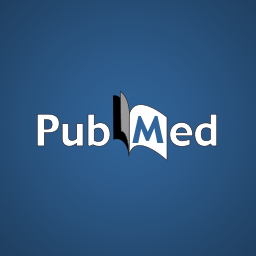Ameliorative effects of Antrodia cinnamomea polysaccharides against cyclophosphamide-induced immunosuppression related to Nrf2/HO-1 signaling in BALB/c mice.

The objective of this study was to determine the ameliorative effects of Antrodia cinnamomea polysaccharide (ACPS) against cyclophosphamide (CTX)-induced immunosuppression in BALB/c mice. Four weeks of oral ACPS treatment successfully improved bodyweight and organ indexes and enhanced the function of T cells and the cytotoxicity of natural killer cells. CTX administration has been shown to notably decrease immunoglobulin A, G and M, interleukin 2, 6 and 12, and interferon α and γ levels in serum and in the spleen, and ACPS abolished these effects. Furthermore, ACPS effectively increased the total antioxidant capacity by stimulating superoxidase dismutase, catalase, and glutathione peroxidase activity in serum and in the spleen and by inhibiting the increases in reactive oxygen species and malondialdehyde levels. Notably, ACPS induced the activation of erythroid 2-related factor 2 (Nrf2) related to down-regulating Kelch-like ECH-associated protein 1 expression, which leads to enhanced levels of downstream antioxidative enzymes, including heme oxygenase-1 (HO-1), superoxide dismutase 2, and catalase in the spleen and thymus. Therefore, the protective effects of ACPS on CTX-induced immunosuppression in mice may be the result of a reduction in oxidative stress and involved in the Nrf2/HO-1 pathway. Our study suggests that ACPS has potential for development as an effective anti-immunosuppressive agent.



